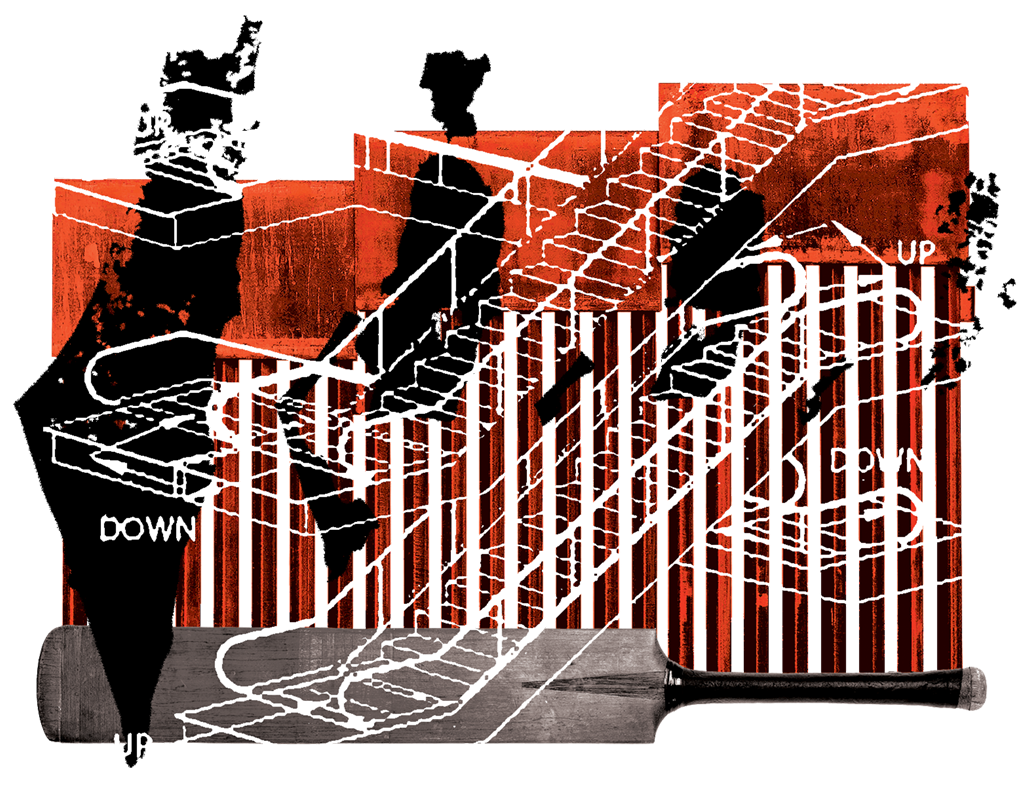Perhaps no subject is more explosive in global politics today than immigration. For the Right, the issue has been something like manna from heaven. As social democracy continues its retreat, increasing working-class anxiety has provided fertile ground for far-right parties. In the United States, Donald Trump has staked his electoral fortunes on an anti-immigrant platform, continuing his embrace of it even after a humiliating retreat on his government shutdown. The Left, for its part, understands the significance of the issue, but is hesitant. On the one hand, it is clear that falling in line with the Right’s anti-immigrant stance is both immoral and self-defeating. But on the other hand, we are unsure how to acknowledge the real economic anxieties of working people, without supporting a restrictive immigration policy.
In this issue of Catalyst, we tackle both dimensions of the problem. In the opening essay, Suzy Lee argues that any effective strategy on immigration has to be rooted in the material interests of immigrants as well as the domestic working class. But whereas most analyses based on this premise call for immigration restrictions, Lee forcefully argues that a restrictive policy actually undermines workers’ economic interests. She then builds a powerful case for an open borders policy, not out of a moralistic desire to “do the right thing,” but because this is the most effective way to rebuild the working-class movement.
Oliver Nachtwey and Loren Balhorn take up the other horn of the dilemma — the shrinking welfare state and the increasing precariousness of employment in the advanced countries. They focus on Germany, the anchor of the continental economy and the most important player in the European Union. As they show, social-democratic institutions in Germany have been under pressure from its capitalist class for over two decades, in particular since the reunification with the East. Unable to stanch the bleeding, the Social Democratic Party has gone from being the largest working-class party in Europe, to an amorphous “people’s party,” now courting irrelevance.
But Germany is just one instance of a continental phenomenon. In a review of Chris Howell and Lucien Bacarro’s important new book on European labor relations, Daniel Kinderman summarizes their account of how the institutions that once protected working-class interests are now used to subordinate them to employer power. The result is a system in which employers and managers now call the shots. But who really has power within this dispensation — the managers or their bosses? Nicole Aschoff reviews the most recent work of French economists Gérard Duménil and Dominique Lévy, in which they suggest that the new managerial class no longer serves capital, but has in substantial measure displaced it. Achoff questions whether Duménil and Lévy have made a successful case for this argument.
From the advanced capitalist world, we then turn to the South. Umair Javed examines Imran Khan’s recent victory in Pakistan’s national elections. While Imran has been much celebrated in the West as perhaps signaling a tilt away from the military and toward civilian power, Javed cautions against any such conclusions. He shows that the ex-cricketer’s ascension has been adroitly managed by the army itself, in concert with the country’s economic elites. And finally, Faris Giacaman reviews a spate of recent books on Israel and Palestine. It is now just over fifty years since Israel drove into the West Bank and Gaza and established its power over those regions. Giacaman examines three books focused on the occupation, arguing that any effective analysis has to understand the aggression as a natural expression of Israel’s colonial project, not a departure from it.
